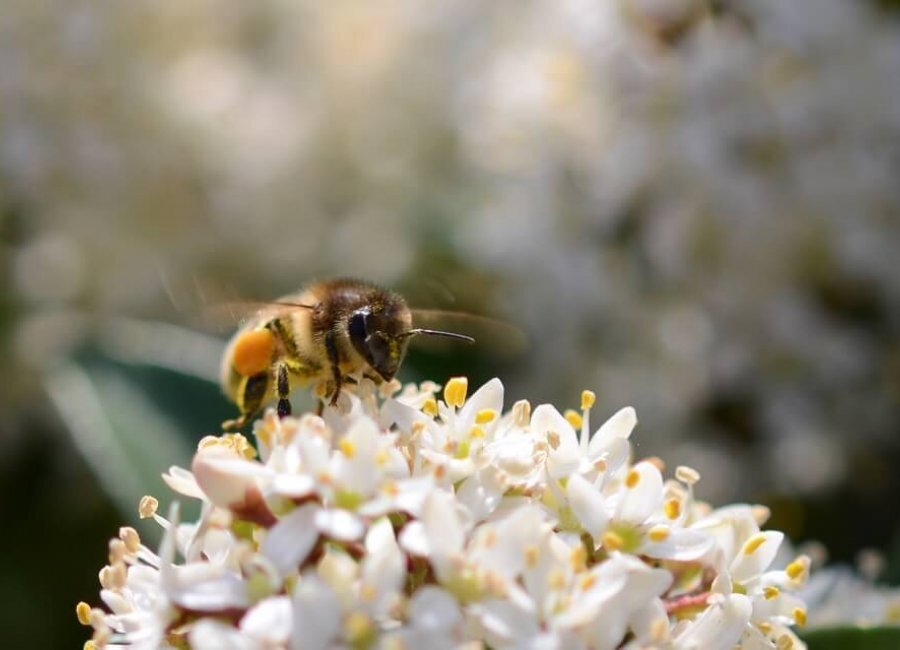Use of bacterial probiotic to detoxify common herbicides and insecticides
Pollinators are crucial for the maintenance of wild plants and agricultural productivity;
80% of wild plants and up to 75% of main crops consumed by humans are dependent upon pollination. However, the global pollinator population is drastically declining and can be felt throughout the globe. A recent study from Germany surveyed 63 sites over 27 years and found an average 76% decline in airborne insect biomass, and just within the US there has been a 59% loss of domestic honeybee colonies between 1947-2005.
This technology emerging from the lab of Robert Brucker at Harvard has the application of bacterial probiotic as a detoxicant to chemical xenobiotic exposure for honeybees, livestock, humans and drinking water. Naturally occurring bacteria that are able to metabolize compounds into less harmful compounds can derisk the largescale use of many agrochemicals including several herbacides. For farmers, doctors, and land management who are looking for ways to keep standard pest management practices in farming while reducing the risk of the associated agrochemicals, the use of microbial therapeutics can enable detoxification of agrochemicals through naturally occurring metabolism of bacteria. No current therapies are available to reduce the risk of exposure or treatment of exposure to agrochemicals provide.
Pollinators are crucial for the maintenance of wild plants and agricultural productivity;
80% of wild plants and up to 75% of main crops consumed by humans are dependent upon pollination. However, the global pollinator population is drastically declining and can be felt throughout the globe. A recent study from Germany surveyed 63 sites over 27 years and found an average 76% decline in airborne insect biomass, and just within the US there has been a 59% loss of domestic honeybee colonies between 1947-2005.
This technology emerging from the lab of Robert Brucker at Harvard has the application of bacterial probiotic as a detoxicant to chemical xenobiotic exposure for honeybees, livestock, humans and drinking water. Naturally occurring bacteria that are able to metabolize compounds into less harmful compounds can derisk the largescale use of many agrochemicals including several herbacides. For farmers, doctors, and land management who are looking for ways to keep standard pest management practices in farming while reducing the risk of the associated agrochemicals, the use of microbial therapeutics can enable detoxification of agrochemicals through naturally occurring metabolism of bacteria. No current therapies are available to reduce the risk of exposure or treatment of exposure to agrochemicals provide.
Intellectual Property Status: Patent(s) Pending


